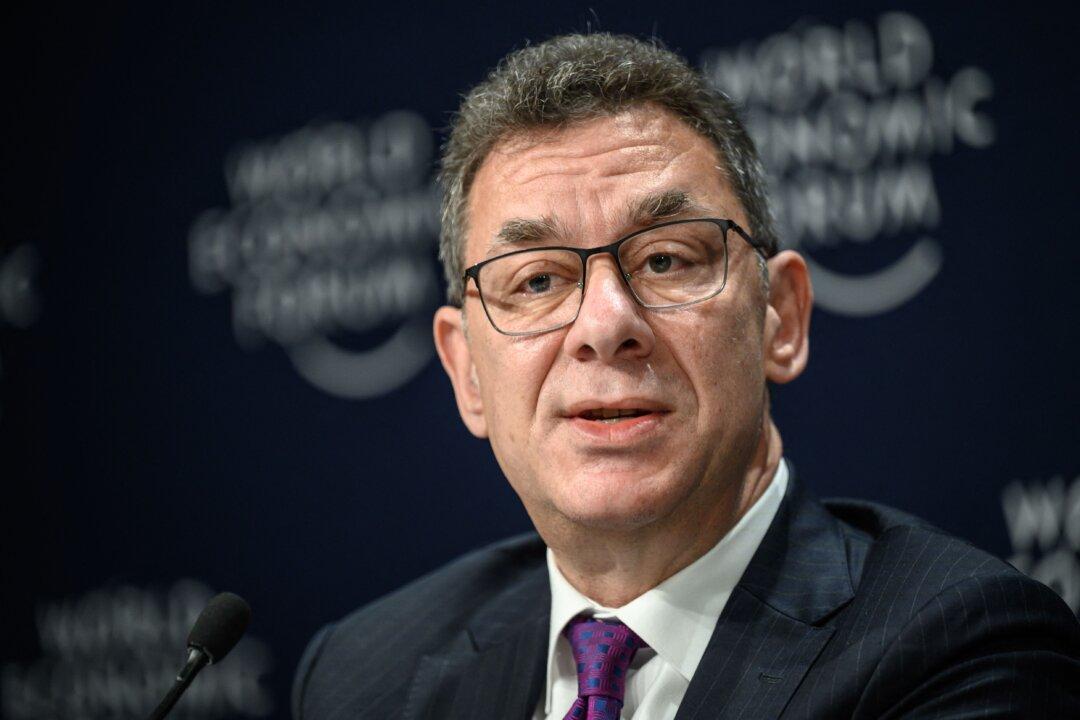Pfizer and its German partner have asked U.S. regulators to clear their updated COVID-19 vaccine for children as young as 6 months of age, the companies announced on Dec. 5.
The companies want emergency clearance for the administration of the new shot as a third dose to children aged 6 months to 4 years.





